Developing an intervention to assist older patients communication with their GP practice after discharge from hospital [Community based participatory research]
Annals of Family Medicine
NOVEMBER 20, 2024
Context In the post-discharge period from hospital acute inpatient care, the older patient is at risk from a lack of joined-up care. Though patients/carers are often copied in, they seldom get a plain English version or space to discuss its contents. A subset of ~24 patients/their carers will be interviewed.

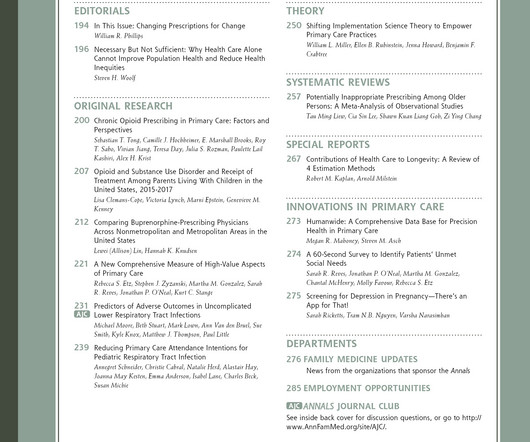
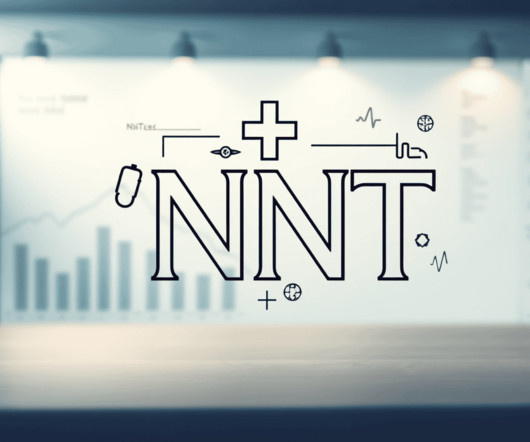
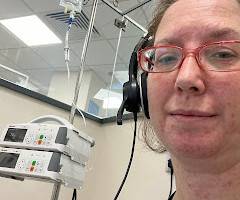
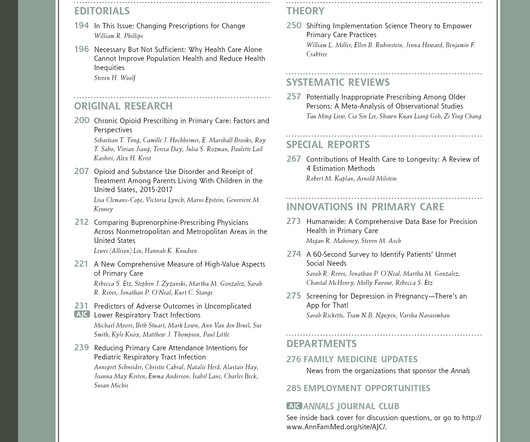
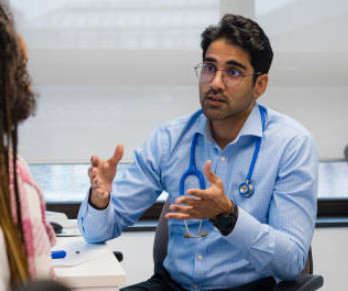


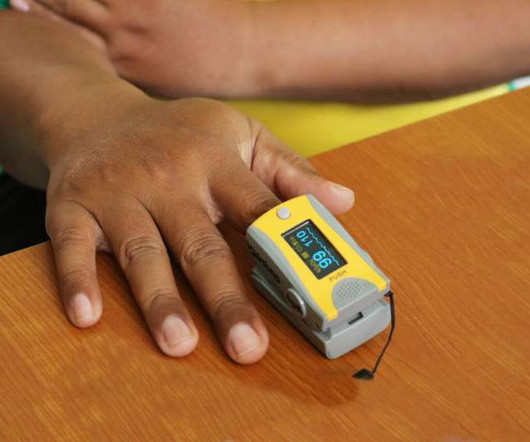
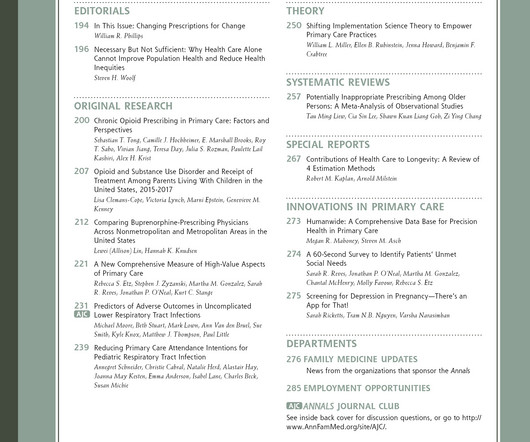
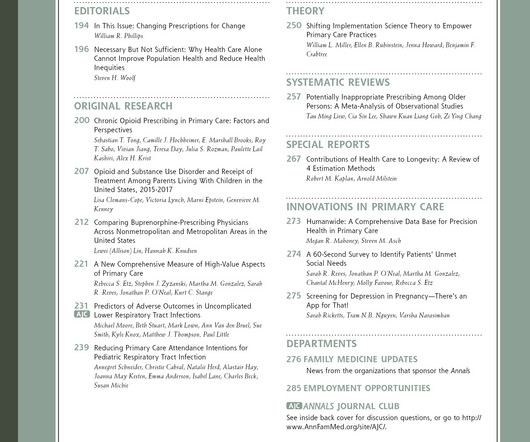




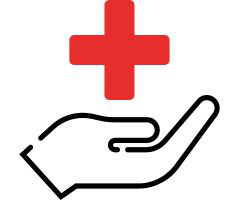









Let's personalize your content